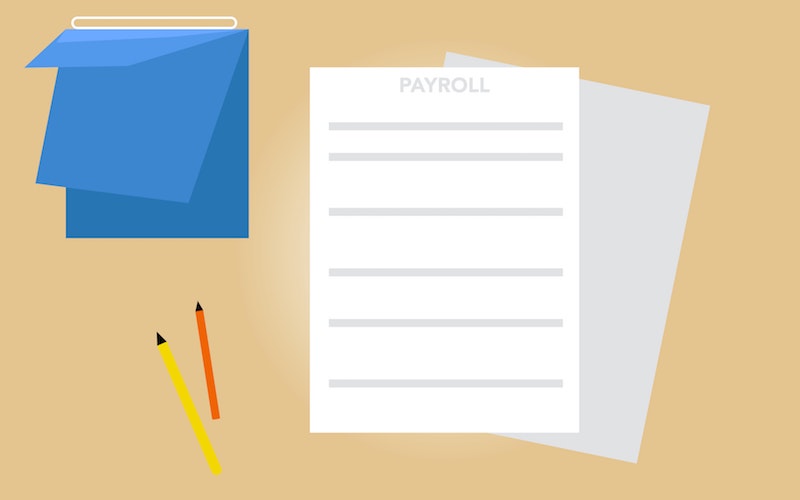
Payroll errors are among the most common mistakes that new startups make.
While most payroll mistakes may not in themselves be a sign of trouble, they are an indicator of problems within an organization’s internal processes. If left unchecked, they can be a recipe for disaster.
We will go over five common payroll mistakes you may want to avoid in this article. Read on!
Not providing employees with pay stubs
Depending on your state of operation, you may be legally required to issue pay stubs to your employees at the end of every payment period. You may want to check with the relevant authorities about your state’s requirements on pay stubs to ensure compliance.
Besides, providing your employees with pay stubs is an excellent way of ensuring that they stay adequately facilitated. Employees can use the pay stubs as proof of income when accessing personal loans from lenders.
Thanks to technology, the process of generating pay stubs is pretty straightforward. All you need is to invest in an online check stub maker that helps you quickly process pay stubs for your employees at a low cost.
Misclassifying employees
Employee misclassification is another common but costly mistake to avoid.
In most cases, employers convicted of misclassifying employees as independent contractors will be forced to pay back taxes and penalties to the state and federal governments. Additionally, they will have to pay any unpaid minimum wages, overtime pay, worker’s compensation premiums, among other benefits to the employee.
The good news is that working with a reputable workers’ classification lawyer can help you avoid all these. The right attorney will help you understand the complicated criteria used by the IRS to classify employees.
Running payroll late
Every state has its pay frequency requirements. Running your payroll late can get you into compliance problems. Besides, paying your workers late can be a demoralizer.
An excellent way to avoid getting into problems with late payment is by setting a workable and convenient payment schedule for you and your staff that you should follow to the letter. Some options include paying your team every two weeks, once a month, or even weekly.
If you find yourself falling late on payroll often, it is advisable to seek the services of a payroll service provider.
Not getting overtime right
If your employees are on a set wage, you might be tempted to think there is no reason to monitor their work hours or pay them overtime. However, the truth is, no matter how highly you pay your employees, you still need to compensate them for the overtime hours.
The law requires overtime pay to be 1.5 times regular pay for all hours worked beyond 40 hours a week.
While there are some exemptions to the overtime law, classifying all your employees as overtime-exempt may look suspicious and even attract scrutiny from the authorities.
That’s why you need to work with a workers’ compensation lawyer to ensure all employees are adequately compensated and avoid any legal battles that may taint your business name.
Poor record-keeping
Fair Labor Standards Act (FLSA) requires that all employers maintain employee payroll records for a minimum of three years. Some state laws require that records be held for a more extended period.
You may want to check with your state about payroll record-keeping requirements to ensure that your business is safe from possible future payroll-related litigation and possible penalties.
Final thoughts
Payroll mistakes are not limited to the five highlighted above. You may also want to talk with a financial expert when starting to ensure that you get everything right to succeed in your business venture.
